In a move that could reshape how we access the internet, OpenAI is quietly building an AI-powered browser-and many in the tech world believe it could pose a serious challenge to Google Chrome’s dominance.
With a focus on AI-first interaction, natural language browsing, and real-time search alternatives, this browser might be the biggest shift in online behavior since the launch of ChatGPT itself.
What Is OpenAI’s AI Browser?
While OpenAI hasn’t officially launched the product yet, multiple leaks, patents, and job listings reveal that the company is developing a standalone browser powered by ChatGPT and other advanced models.
Unlike Chrome or Safari, which are built for traditional keyword-based search, this new browser would allow users to:
- Ask natural questions instead of typing URLs or search terms
- Get real-time summaries of web content
- Search using voice, text, or image input
- Engage in conversational browsing
Essentially, it’s not just a tool for visiting websites-it’s a smart assistant layered over the entire internet.
Why It Could Disrupt Chrome and Search Itself
Google Chrome dominates the browser space, with over 60% market share globally. But it still relies on traditional search. OpenAI’s browser takes a different route-replacing links with answers, and clicks with conversation.
That shift would challenge:
- Google Search (by reducing search engine use)
- Chrome (as the primary user access point)
- Ad-based web experiences (by summarizing content, not loading full pages)
In a world where AI models are the interface, the need for typing, scrolling, or sorting through pages could disappear.
What It Means for AI Data Centers and Cloud Infrastructure
If this browser gains traction, it will drive massive demand for:
- Real-time AI inference infrastructure
- Scalable cloud compute capacity
- Edge AI for faster results closer to users
That’s why future-ready providers like DataVault’s AI data center in Pakistan are already gearing up. By offering GPU-powered hosting, AI workload management, and real-time compute, DataVault supports the next generation of AI-first applications.
As an emerging leader in sovereign cloud and AI hosting, our data center in Pakistan is purpose-built for high-speed, low-latency use cases-exactly what a product like OpenAI’s browser would demand.
The Bigger Picture: The Rise of AI as the Interface
This isn’t just about browsing. It’s about a paradigm shift: from typing into a box, to talking to the internet like a human. From links to answers. From search to conversation.
As more apps become voice- or AI-driven, traditional user interfaces are giving way to intelligent agents. OpenAI is positioning itself at the center of that transformation.
Final Thoughts
The AI browser OpenAI is building might seem like just another product-but it could change the very nature of how we explore, consume, and interact with the web. And in doing so, it will increase demand for smarter infrastructure, sovereign cloud systems, and AI-driven data centers.
At DataVault, we’re ready for this shift.
Want to explore AI-first infrastructure in Pakistan?
Check out our GPU hosting and cloud services to power what’s next.


